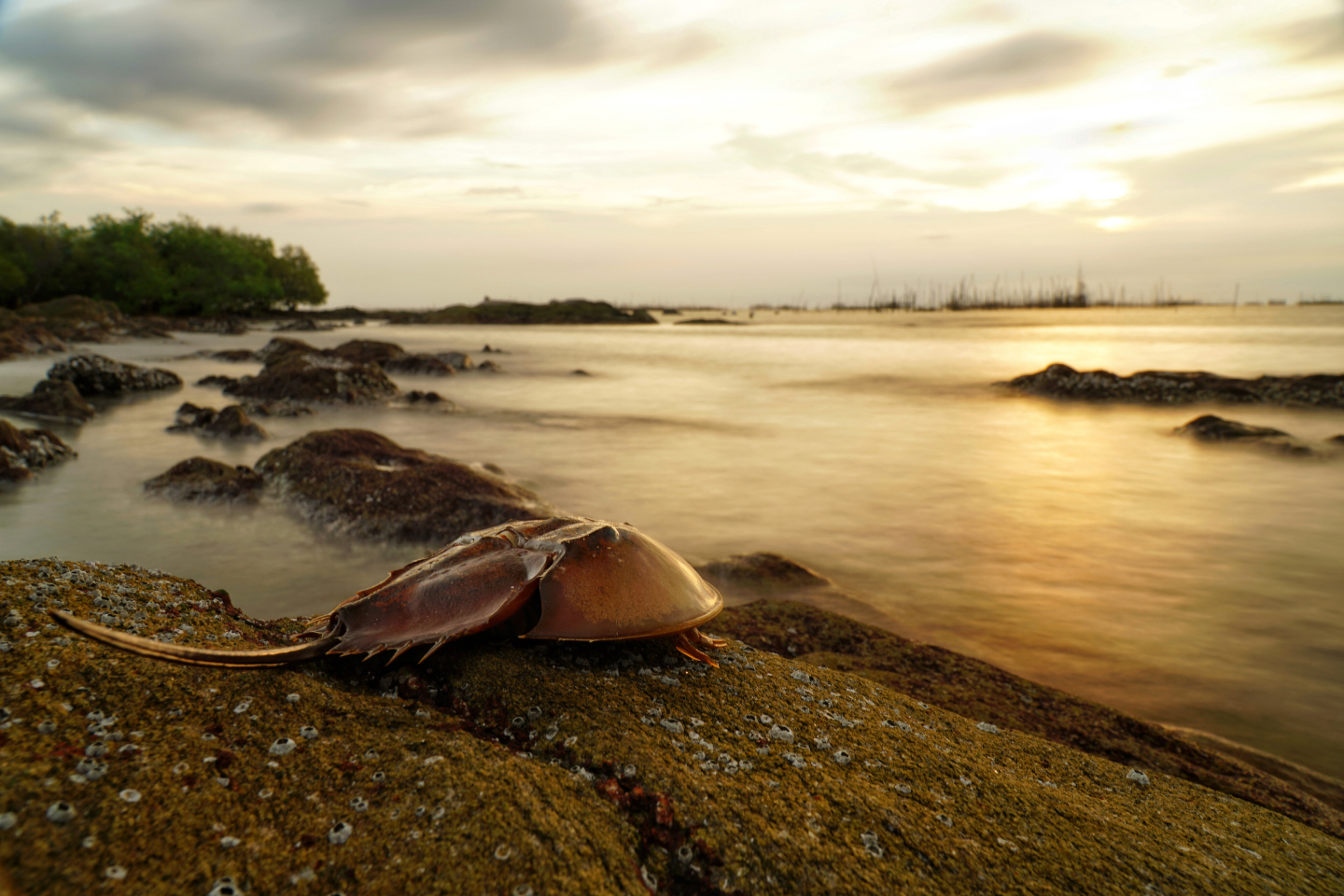
What to Teach, Then?
So we came to Clarkson in northern New York, which we had never heard of before, and I became a teacher. And in the process of coming here, I taught courses like the literature of fishing and literature of the Native American novel, and also astronomy, based on my interest in the literature that has risen up on those topics over time and nicely being able to make a connection between what I was teaching as literature and the outside world. That is to say, I ran an observatory, which was connected to the literature of astronomy. And I got involved in angling, which I incorporated into the literature of fishing, where I had labs, as it were, teaching kids how to cast and tie flies and then taking them fishing.
And then with the Native American course; what was interesting about that was I taught the Bible as literature for, I don't know, 35 years, and all of a sudden, the interest in anything like that just completely dried up. It turned out to be a phenomenon, I think, of a lot of religious ferment in the early sixties that got a lot of people interested in that topic from various angles. And I rode that way for a long time, and finally, nobody wanted to take the course anymore at Clarkson. And my dean called me in and said, drop it. Come up with something else.
We live next to a very notorious Mohawk Native American reservation just down the road, which has had all kinds of social political problems as they split into two groups. So I got involved with the local reservation, and I began to teach all these marvelous novels that were being written the last 20 - 30 years by Native Americans all over the country. And what was interesting about their literature, to me, was that it was like the Bible in the sense that there was no distinction for these people between the day to day lives they were having and their religious feelings, beliefs, and what not.
The animals that talked and the people who talked to them were exactly on the same plane. So it was this blending of fiction that suddenly had open to it, windows into myth, the natural world, their own history. So I've been that kind of teacher my whole life, always of literature, which I love, but always making ways to connect it to the way people were living and showing how literature reflected the way they were living in ways that were profound and also, I guess, indicating that literature was not completely a fad and out of date, that it was talking about the real world in ways that could be interesting, the people who were in those real worlds. I don't know whether that was much of a speech, but there it is.
